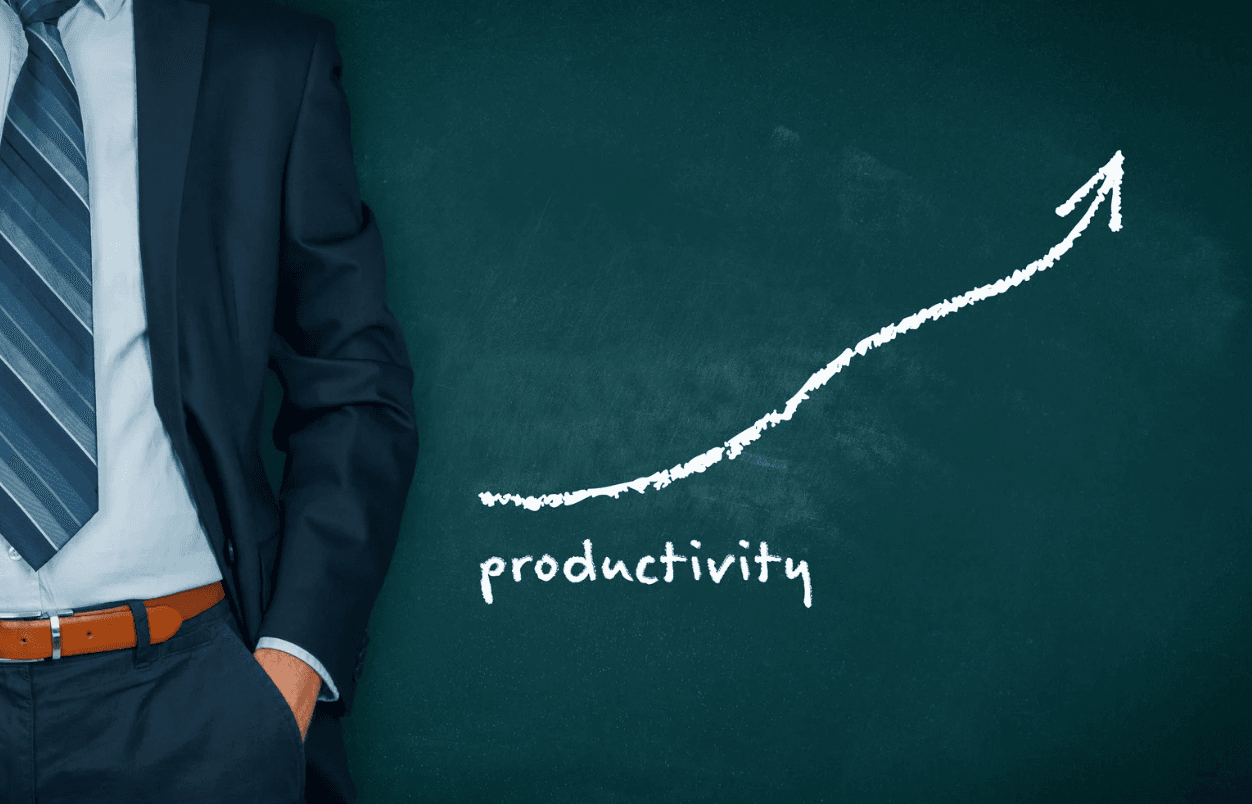Productivity is a fundamental concept that is crucial for individuals and organizations alike. It is essentially the measure of how much work is accomplished within a certain period. In simple terms, productivity involves achieving more with less effort. This can be quantified by looking at various factors such as job quality, task completion, and product creation. The two basic forms of productivity are economic and personal productivity.

Economic productivity is commonly measured by companies and nations by calculating the ratio of output to input. For a country, this could mean dividing the annual gross domestic product (GDP) by the number of hours it took to produce goods and services. Similarly, a manufacturing company might assess its productivity by dividing the number of goods produced by the number of hours spent by workers on the production floor.
On the other hand, personal productivity focuses on individual accomplishments in relation to time and effort invested. Unlike economic productivity, personal productivity often relies on subjective assessments of job quality and other characteristics. For instance, in a customer service role, improving customer satisfaction could be a more valuable productivity indicator than simply increasing the number of customers served.
In situations where tasks require intense effort, a combination of objective and subjective productivity assessments may be essential. Deep work, which involves focusing on complex mental processes, is especially important for professionals such as IT workers who engage in intellectually demanding tasks. These individuals may find it beneficial to measure productivity quantitatively, by tracking work hours, and qualitatively, based on the innovation and effectiveness of their products or systems.
The importance of productivity cannot be overstated. There are several reasons why personal productivity matters, including reduced stress, improved well-being, enhanced sense of purpose, increased work engagement, improved mood, and even potential environmental benefits. By being more productive, individuals can achieve more in less time, leading to a range of positive outcomes.
Productivity plays a key role in reducing stress levels. When individuals are able to accomplish more tasks efficiently, they use fewer resources and energy, which results in lower stress levels. Effective time management and energy distribution can also boost confidence in completing tasks successfully and on time. Moreover, increased productivity can have positive impacts on health and wellness, as it allows individuals to prioritize self-care and take breaks when necessary.
Furthermore, being more productive can provide a sense of purpose and motivation. Understanding the reasons behind one's actions can help individuals stay focused and driven towards achieving their goals. Whether it is solving a work-related problem or contributing to long-term business objectives, having a clear purpose can increase motivation and productivity.
Work engagement is another important aspect that is closely linked to productivity. When individuals are more productive, they are more likely to understand how their efforts contribute to broader organizational goals. This sense of control and impact can increase productivity and engagement levels, leading to more fulfilling and satisfying work experiences.
Moreover, productivity can also have a positive effect on mood and overall well-being. Accomplishing tasks efficiently and effectively can trigger the release of endorphins, which are chemicals in the brain that boost happiness and reduce pain. This can create a positive feedback loop, where increased productivity leads to improved mood, which in turn, enhances productivity even further.
In some cases, productivity can also contribute to environmental sustainability. By being more efficient with time and resources, individuals can reduce their impact on the environment. For example, saving time on a task could lead to energy savings in the workplace by switching off lights and other electronic equipment, thus promoting eco-friendly practices.
It is important to note the distinction between productivity and busyness. While many people equate being busy with being productive, the two are not synonymous. Constantly being busy can actually decrease productivity as it can lead to fatigue, lack of focus, and inefficiency. Productive individuals, on the other hand, maximize their time and energy by accomplishing more with less effort, ultimately leading to better outcomes.
Overall, productivity is a multifaceted concept that has wide-ranging implications for individuals and organizations. By understanding the various dimensions of productivity and implementing strategies to enhance it, individuals can achieve their goals more effectively, reduce stress, improve well-being, and contribute to a more sustainable and fulfilling work environment.